Syllabus
About the Course
INLS161 focuses on concepts and tools necessary for communicating information to users. This is a critical component of information literacy, which involves seeking, evaluating, and utilizing information. INLS151, titled "Retrieving and Analyzing Information," is focused on the seeking and evaluating components of information literacy. This course is about effective use and communication.
From the American Library Association:
Information literacy
is a set of abilities requiring individuals to 'recognize when information is needed and have the ability to locate, evaluate, and use effectively the needed information.'
The technological component of information literacy is also defined:
Information literacy is related to information technology skills, but has broader implications for the individual, the educational system, and for society. Information technology skills enable an individual to use computers, software applications, databases, and other technologies to achieve a wide variety of academic, work-related, and personal goals. Information literate individuals necessarily develop some technology skills.
A full information literacy curriculum would include:
Tool literacy - The ability to use print and electronic resources including software
Resource literacy - The ability to understand the form, format, location and access methods of information resources
Social-structural literacy - Knowledge of how information is socially situated and produced. It includes understanding the scholarly publishing process Research literacy - The ability to understand and use information technology tools to carry our research including discipline-related software Publishing literacy - The ability to produce a text or multimedia report of the results of research
Tools and Concepts
The course introduces some basic technology tools as an essential component of information literacy training. We will cover the following:
- Operating on a remote system
- Using version control software to maintain your workflow
- Manipulating and formatting text-based documents
- Processing data using spreadsheets
- Processing and storing data in databases
- Developing presentation materials to communicate your work effectively
last page update: Friday May 19, 2017
